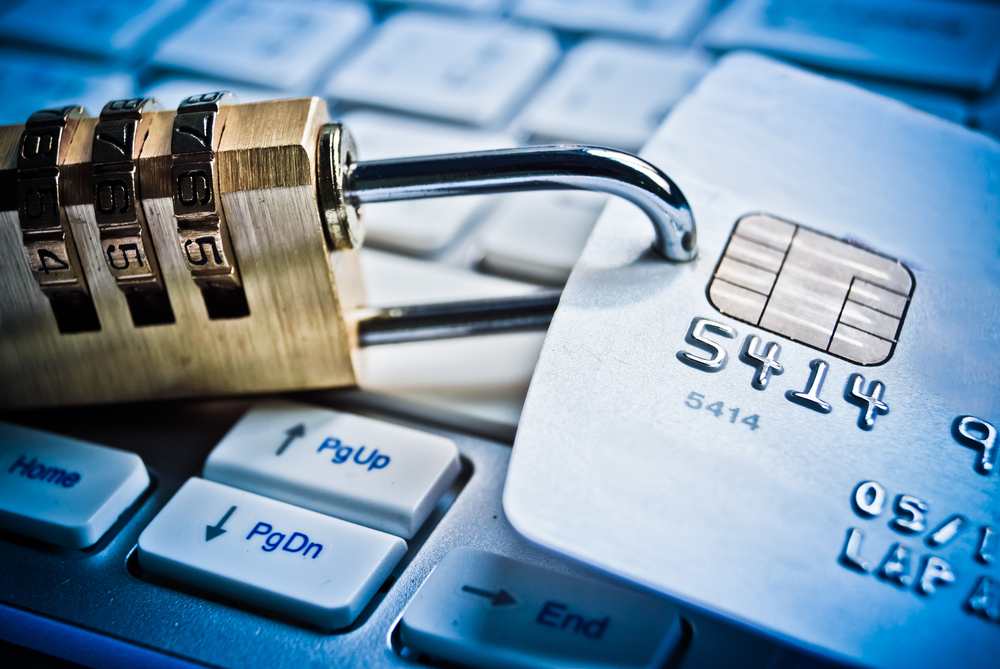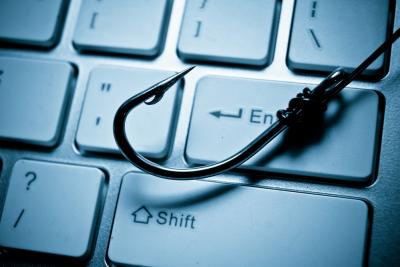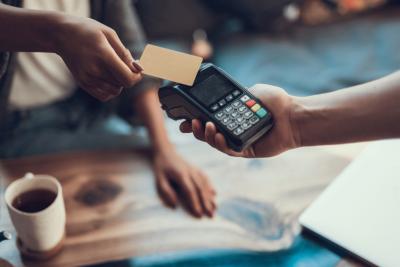Ramadan email and online scams
Most email and online charity fundraising is legitimate, but unfortunately some is not. Online criminals’ tactics and techniques change frequently as they develop new ways to defraud people, so it is important to stay alert. Follow these tips to avoid email scams.
What to look out for
- Emails with attachments – some attachments contain viruses which can infect your computer.
- Email address - if you receive an email asking for donations, expand the pane at the top of the message and see exactly who it has come from. If it is a scam, the email address that the message has come from may not be from the charity’s official website domain. At first glance it may look the same, but it may contain unusual characteristics such as seemingly random numbers.
- Fake websites – where an email claiming to be from a well-known registered charity directs you to a fake website and asks you to enter your account details. The website will often look like the organisation’s real website to fool you into giving personal information.
- New friends online – Beware of people befriending you online and quickly telling emotional stories in which they ask for money, for example claiming their relative is ill or that they have lost their job and cannot afford necessities.
- Unsecure sites – If you do donate online, make sure any websites you are using are secure. Check to see if the web address starts with HTTPS, not just HTTP.
What to do
- Never open an email attachment unless you are sure it is safe. If in doubt, find the charity’s official website and use the contact information there to get in touch and check if the email was sent by them.
- Always double-check the URL and contact details of a charity in case it’s a ‘clone’ pretending to be a well-known registered charity that people trust.
- Never send money or reveal too much personal information to someone you have never met.
- Never reply to an email you think may be a scam, even to say ‘no’ or remove yourself from a marketing list, as it could let the sender know that your email address is active and they may send you more emails.
- Never assume that appeals on social media or crowdfunding sites such as GoFundMe are legitimate, especially at Ramadan. Online criminals use real victims’ stories and pictures to con people.
How to avoid online scams
- Check your email account is set up to filter junk email as this may help to remove some of the scam emails from your inbox automatically.
- Make sure you have anti-virus software installed on your computer to protect it from viruses.
- Only give to registered charities and individuals you know.
- If you want to donate online, type the charity website URL into your browser to be sure you are giving to them and not a scam site made to look like theirs.
- Block and report emails that you believe to be fake through your email providers features.
Who to contact










